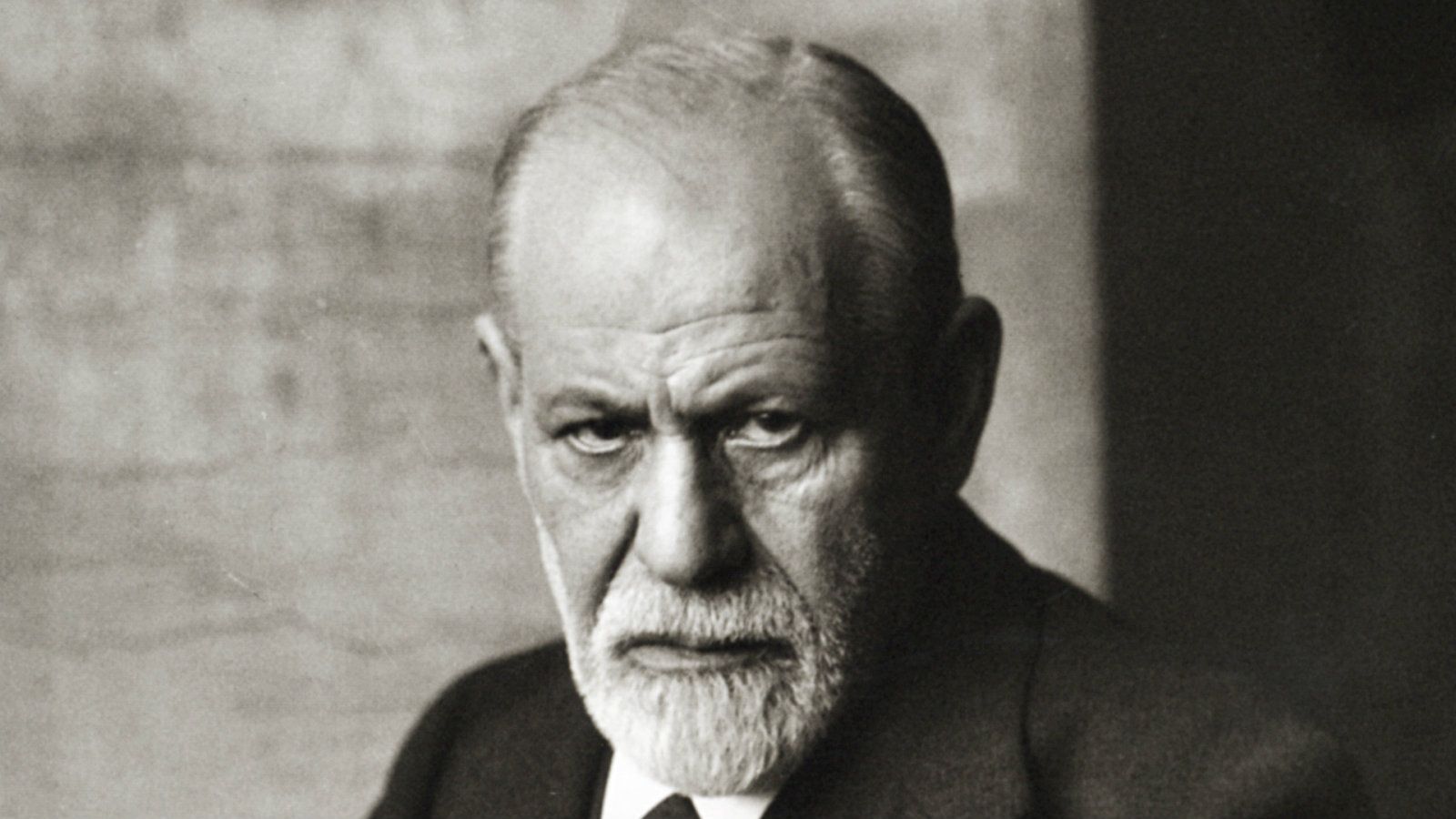Growing research in neuroscience shows Freud’s idea of a “superego” isn’t as wacky as it sounds
Sigmund Freud, the founder of psychoanalysis, is widely considered in scientific circles to be interesting but deeply flawed. But while there isn’t yet hard evidence on the Oedipus Complex, several key Freudian ideas still hold water. He introduced the notion of the unconscious thought, for example, which Freud believed took place in the ‘id’ part of our psyche. And a fast-growing field of neuroscience research matches onto what Freud described as the superego.


Sigmund Freud, the founder of psychoanalysis, is widely considered in scientific circles to be interesting but deeply flawed. But while there isn’t yet hard evidence on the Oedipus Complex, several key Freudian ideas still hold water. He introduced the notion of the unconscious thought, for example, which Freud believed took place in the ‘id’ part of our psyche. And a fast-growing field of neuroscience research matches onto what Freud described as the superego.
Over the past five years, there’s been increasing research on metacognition, which is, quite simply, knowing that we know. In other words, metacognition is an awareness of our conscious thought processes. A clear-cut example is a contestant on a quiz show making a judgment about the extent to which she’s confident of her answer—she is thinking about her own thoughts.
While Freud’s concept of the superego played a more ethical role, encouraging the id and ego to follow moral rules, its role (much like metacognition) was to impose order. In a recent lecture on metacognition at this year’s Association for the Scientific Study of Consciousness conference in Buenos Aires, cognitive psychologist Axel Cleeremans pointed out that Freud’s Id-Ego-Superego structure roughly matches onto the Unconscious-Conscious-Metacognition structure of the mind studied in neuroscience today.
“The ‘id’ is what we call the unconscious today or the idea that there’s a vast reservoir of representations that sits there and influences ongoing processing but without being available to conscious awareness,” he says. “The ‘super-ego’ in a sense is connected with meta-cognition, with the idea that in addition to first-order awareness, the technical movie that we have as soon as we wake up and the field of sensations we experience and thoughts we have, there’s an additional monitoring and control system.”
Cleeremans believes that much of Freud’s work has scientific value today. “I think he’s wrongly discredited. He’s discredited for all sorts of political reasons that have nothing to do with the ideas,” he says. While Freud’s work on sexuality and women, for example, are largely dismissed, there’s still considerable value in broad structure of his work. “The core set of ideas hold up,” adds Cleeremans.